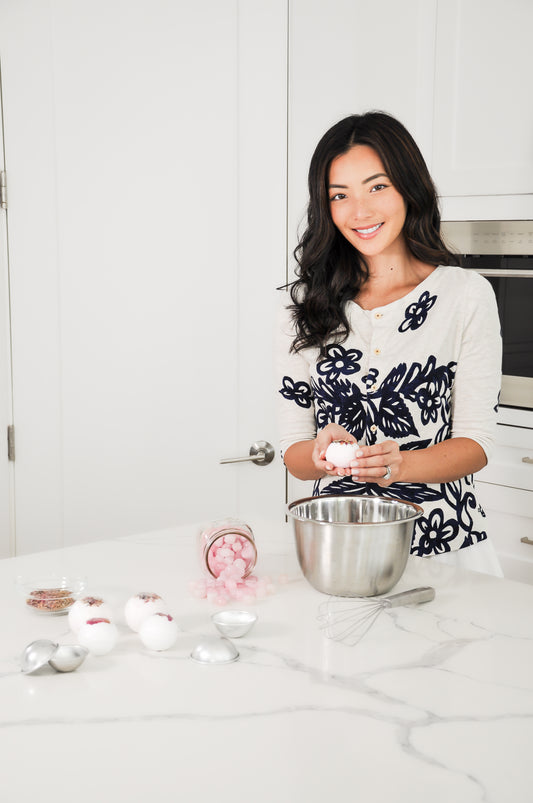
Is It Time To Talk To Your Teenager About Falling In Love?
How should we talk to our teenagers about love?
One of the most important experiences in the teenage years is falling in love. The Pew Research Center in 2015 found that 35% of teenagers have some kind of experience with romantic relationships. Research finds that dating in the teenage years is associated with greater self-esteem and better adjustment to adulthood. However, teenage relationships are also associated with increased risk for mental health concerns, suggesting that the quality of these relationships may matter.
So how can you help your teenager to navigate love and relationships?
- Validate their feelings. You might see your teenager’s relationship or “crush” as insignificant in the grand scheme of their lives but it is important to recognize that it may be extremely significant to them and that their feelings are real.
- Rather than asking prying questions to get your teenager to open up about their relationship, tell a story about your own experience with teenage love focusing on your feelings then (not currently) and any healthy coping strategies you used at the time.
- Talk about what is a healthy relationship versus an unhealthy relationship. For example, a healthy relationship involves trust, mutual respect, and good communication. Give examples of what happens in a healthy relationship versus an unhealthy relationship
- Ask them what they have learned about relationships from their friends, social media, television, etc. You may be surprised by the misunderstandings they have.
- Set clear rules and boundaries for your teenager’s interaction with their significant other based on your family’s values. Explain to your teenager the reasoning behind these rules and boundaries.
- Have an ongoing conversation about the risks of relationships, including sexual safety and how to identify an abusive relationship.
- Be as accepting and non-judgemental as possible of your child’s relationship. If you listen without judgment to your child’s problems in their relationship, they are more likely to come to you for advice again in the future.

About
Dr. Cara Damiano Goodwin, PhD, is a licensed clinical psychologist and a mother to three children. She received a PhD in child clinical psychology from the University of North Carolina at Chapel Hill, a Master’s in Developmental Psychiatry from Cambridge University, and a Master’s in Child Psychology from Vanderbilt University, and she completed a postdoctoral fellowship at Duke University. She specializes in child development and has spent years researching child psychology and neuroscience and providing therapy and clinical services for children of all ages. She has published 18 research articles in peer-reviewed academic journals, written two book chapters, and completed numerous conference presentations. Dr. Goodwin translates recent scientific research into information parents can access and implement in their everyday lives through her Instagram account @parentingtranslator and her website: www.ParentingTranslator.com.
No comments







0 comments